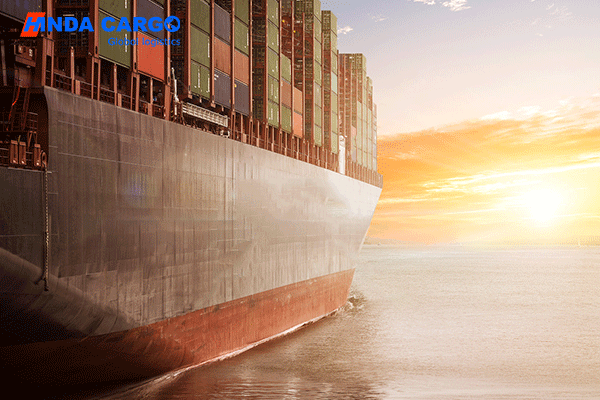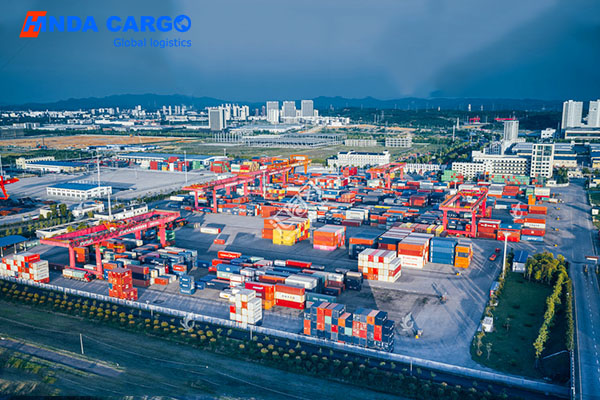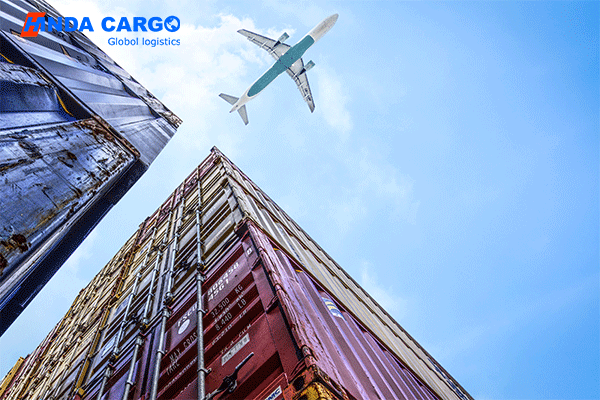How to deal with sea and air freight delays?
In international freight, sea and air freight delays are challenges that companies often face. This article will explore in depth how to deal with sea and air freight delays and provide solutions for companies.

1. Understand the causes of delays: Insight into the essence of the problem
When dealing with sea and air freight delays, the first task is to have a deep understanding of the causes of delays. Delays can be caused by a variety of factors such as weather, traffic, and equipment failure. By accurately analyzing the root causes of delays, companies can develop targeted solutions and improve the efficiency of dealing with delays.
2. Communicate with the transport company: Get information in a timely manner
When facing delays, it is crucial to communicate with the carrier in a timely manner. By keeping in close contact with the transport company, companies can get detailed information about the status of the goods and the reasons for the delay in a timely manner. Effective communication helps to respond quickly when delays occur and reduce potential losses.
3. Develop a contingency plan: Respond to challenges quickly
In the case of cargo delays, companies need to develop a contingency plan to respond to challenges quickly. This includes adjusting the supply chain, rearranging inventory, and communicating with customers. Formulating reasonable and flexible contingency plans can help companies make quick decisions and mitigate the impact when faced with delays.
4. Adjust production plans: flexibly respond to demand fluctuations
When the arrival time of goods is uncertain due to delays in sea and air transport, companies need to flexibly adjust production plans. By rationally planning the production process, ensuring the connection between production and transportation, and reducing production fluctuations and inventory pressure caused by delays.

5. Optimize inventory management: control logistics costs
In the face of sea and air transport delays, optimizing inventory management is an effective means to reduce logistics costs. Companies can strengthen inventory monitoring, accurately assess market demand, and reasonably allocate inventory to cope with cargo detention and inventory pressure caused by delays.
6. Consider cargo insurance: reduce economic losses
Purchasing cargo insurance is an important strategy for dealing with sea and air transport delays. Insurance can provide companies with economic protection and reduce economic losses caused by delays. When choosing insurance, companies need to pay attention to the insurance coverage and conditions to ensure that they can cover all kinds of losses that may be caused by delays.
7. Choose the mode of transportation at the right time: be flexible
In the face of delays, companies can also consider choosing the mode of transportation flexibly. If the time requirement for the goods is urgent, you can consider using air transport instead of sea transport to shorten the transportation time. Although this may increase some costs, it is an effective means to deal with emergencies.

8. Seek professional help: Consult a professional team
When dealing with complex sea and air transport delays, companies can seek help from a professional logistics consulting team. These professional teams have rich experience and global resources, and can provide comprehensive solutions to help companies deal with delay challenges more effectively.
Sea and air transport delays are unavoidable problems in international freight, but companies can reduce the adverse effects of delays by responding flexibly and making scientific plans. In-depth understanding of the causes of delays, maintaining close contact with transportation companies, and developing contingency plans will help companies respond quickly and effectively when faced with delays.




